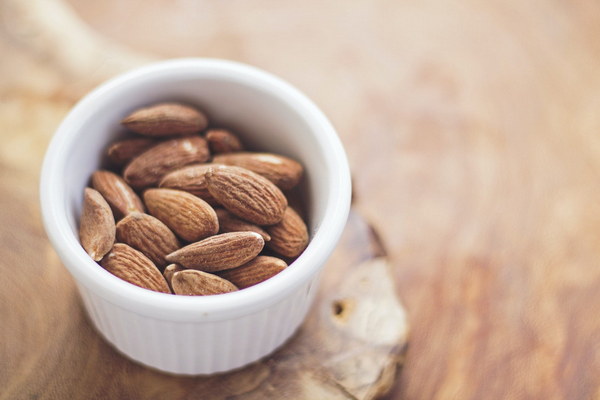Essential Tips for Women to Enhance Fertility and Conceive Healthily
Embarking on the journey to conception is an exciting yet challenging phase in a woman's life. The desire to have a baby can sometimes lead to immense stress and anxiety. However, adopting a healthy lifestyle can significantly increase the chances of conception. In this article, we will discuss essential tips for women to enhance fertility and prepare their bodies for a healthy pregnancy.
1. Maintain a balanced diet:
A well-balanced diet rich in vitamins, minerals, and antioxidants is crucial for a healthy conception. Include a variety of fruits, vegetables, whole grains, lean proteins, and healthy fats in your diet. Some key nutrients that can help improve fertility include:
- Folic acid: Essential for the development of the fetus's neural tube, folic acid can be found in leafy greens, beans, and fortified cereals.
- Vitamin D: Important for reproductive health, vitamin D can be obtained from fatty fish, egg yolks, and fortified dairy products.
- Omega-3 fatty acids: Found in fish oil and flaxseeds, omega-3s can help improve fertility and reduce inflammation.
- Iron: Essential for red blood cell production, iron can be found in red meat, poultry, fish, beans, and fortified cereals.
2. Exercise regularly:
Regular physical activity can improve fertility by reducing stress, maintaining a healthy weight, and promoting blood flow. Aim for at least 150 minutes of moderate aerobic exercise per week, such as brisk walking, swimming, or cycling. However, avoid excessive exercise, as it may decrease fertility in some women.
3. Manage stress:
Stress can impact fertility by disrupting the menstrual cycle and reducing the chances of conception. Practice relaxation techniques such as meditation, yoga, or deep breathing exercises to manage stress levels.

4. Avoid harmful substances:
Tobacco, alcohol, and illegal drugs can all negatively impact fertility. Quitting smoking and reducing alcohol consumption can significantly improve your chances of conceiving.
5. Maintain a healthy weight:
Being underweight or overweight can affect fertility. Aim for a healthy weight by maintaining a balanced diet and exercising regularly. If you are struggling to lose or gain weight, consult with a healthcare provider for personalized advice.
6. Track your menstrual cycle:
Keeping track of your menstrual cycle can help you identify the best time to conceive. Women with regular cycles typically ovulate around 14 days before their period. Use ovulation predictor kits or fertility apps to determine your fertile window.
7. Get regular check-ups:
Regular check-ups with your healthcare provider can help identify any potential fertility issues early on. This includes screening for sexually transmitted infections (STIs), hormonal imbalances, and other conditions that may impact fertility.
8. Consider fertility treatments:
If you have been trying to conceive for over a year (or six months if you are over 35) without success, consider consulting with a fertility specialist. They can provide you with various treatment options, such as medication, surgery, or assisted reproductive technology (ART).
In conclusion, enhancing fertility and preparing for a healthy pregnancy involves adopting a balanced lifestyle. By maintaining a healthy diet, exercising regularly, managing stress, avoiding harmful substances, and seeking medical advice when needed, women can improve their chances of conception and embark on the exciting journey of motherhood.









